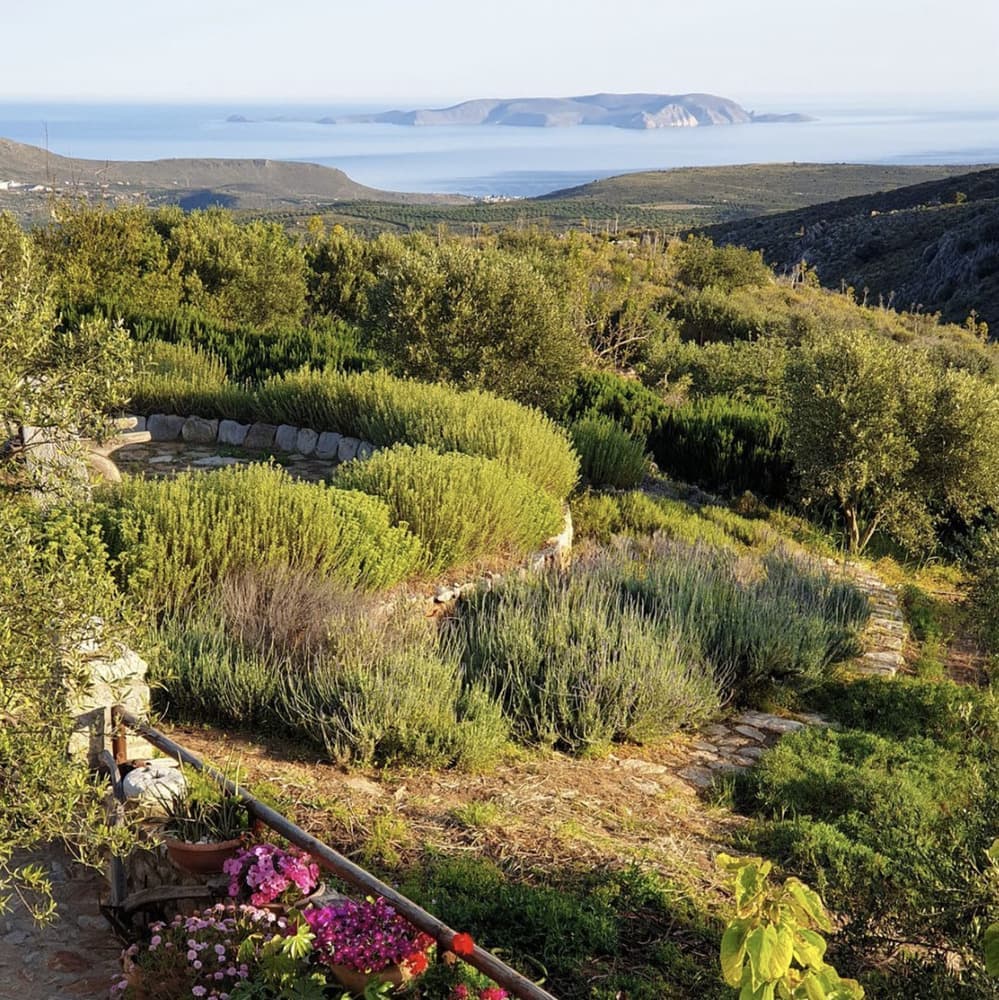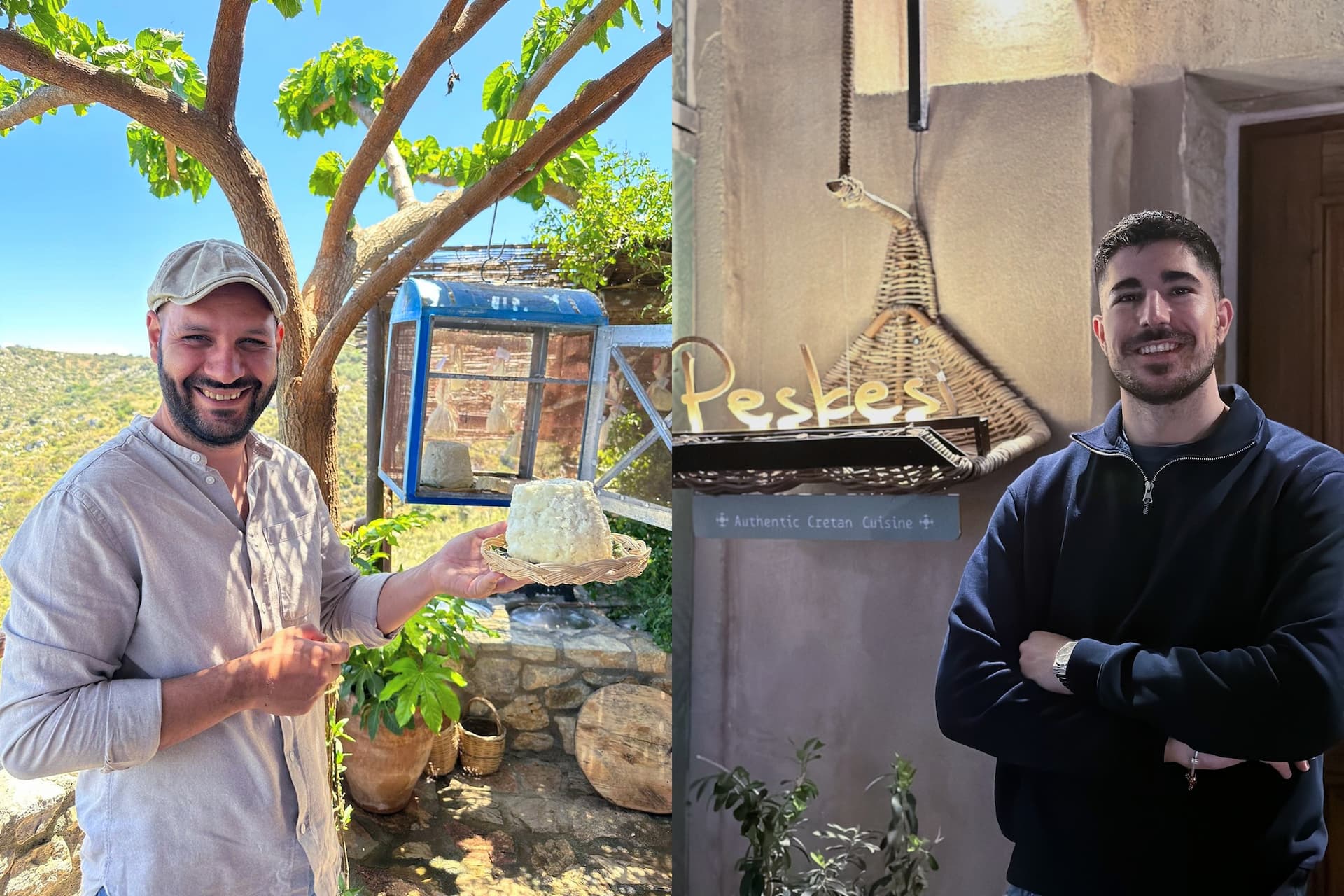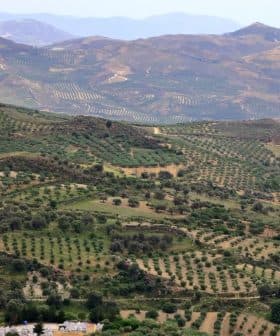 7.9K reads
7.9K readsFood & Cooking
The Farm-to-Table Restaurant Bringing the Cretan Diet Back in Vogue

Despite the increasing popularity of a more Western diet in Crete, the owners of Peskesi restaurant are working to revive the traditional Cretan diet by educating locals and tourists about its rich culinary heritage. The Cretan diet, characterized by high consumption of fruits, vegetables, cereals, legumes, and olive oil, is being promoted through the restaurant’s organic, farm-to-table approach and focus on traditional recipes and ingredients.
Once hailed in the landmark Seven Country Study as the leading reason people in Crete suffered fewer instances of cardiovascular disease than their Western counterparts, the Cretan diet has since been usurped on the Greek island by a more Western diet.
Undeterred by changing eating habits, the owner and managers of Peskesi, an organic farm-to-table restaurant in the island’s capital, are working to rekindle the Cretan diet’s popularity. Their mission is to educate tourists and Cretans about the island’s rich culinary heritage.
From the start, we wanted to use the restaurant for educational purposes, using the food to teach people about the Cretan diet and its ingredients. Our goal is to serve traditional food in a modern way.
“The need to revive recipes from Crete is because the traditional way of living is changing as years go by,” Zacharias Magganas, the restaurant’s manager, told Olive Oil Times.
“The people now gather in cities, leaving the villages and their traditions behind,” he added. “Globalization also affects food traditions a lot. For example, pizza and burgers are easier to find in Crete than wild greens cooked with lamb.”
See Also:The best extra virgin olive oil from GreeceThe Cretan diet is widely used to describe the habitual eating patterns of 13 villages around Kastelli, in the center of the island, which participated in Ancel Keys’ study during the 1950s and 1960s.
The traditional Cretan diet is characterized by a high consumption of fruit, vegetables, cereals, and legumes with a small amount of dairy products, predominantly yogurt and cheese.
Compared with typical Western diets, the Cretan diet contains little red meat – less than 50 grams per week, mainly lamb – and more fish. Extra virgin olive oil is the diet’s primary fat source.
“You can see this by the olive oil consumption in Crete, which is 23 kilograms per annum,” Peskesi owner Panagiotis Magganas told Olive Oil Times through a translator, his nephew, Zacharias Magganas.

Panagiotis Magganas said he founded Peskesi to reintroduce urban Cretans to their traditional diet. (Photo: Peskesi)
By comparison, annual olive oil consumption is estimated to reach 12 kilograms per person in the rest of Greece.
The Cretan diet is one variation of the Mediterranean diet and primarily differs from others due to its focus on local and seasonal fruits and vegetables. “The other key ingredient in the Cretan diet is the more than 200 types of wild greens,” Panagiotis Magganas confirmed.
“We try to be the place where you can find the ‘lost treasures’ of our land,” Zacharias Magganas added. “A good example is the promotion of manarolia or biza, a Cretan legume that owes its existence to our restaurant. Its consumption has gone through the roof just a few years after we offered it in our restaurant.”
Before founding the restaurant, Panagiotis Magganas owned an organic farm. Initially, he wanted to create an academy to teach locals and tourists about the Cretan diet.

The owner and managers of Peskesi source as much food for the restaurant as they can from their organic farm. (Photo: Peskesi)
“But for budget reasons, we made the restaurant, which is more accessible to people. From the start, we wanted to use the restaurant for educational purposes, using the food to teach people about the Cretan diet and its ingredients,” Magganas said. “Our goal is to serve traditional food in a modern way.”
According to Magganas, very few Cretan restaurants served traditional food when he opened Peskesi.
“Since Peskesi was created, the concept of the Cretan diet has started to change, and as the years have gone by, more restaurants have been trying to follow the idea of serving traditional Cretan foods,” he said. “People’s thinking about Cretan food has changed a lot through the years.”
Magganas founded the farm 25 years ago, and Peskesi has followed biodynamic and regenerative agricultural practices since.
“We are a certified organic and sustainable restaurant, but we don’t do anything more than what Cretans used to do,” he said. “The farm does not use fertilizer, phytochemicals or animal feed. “We also serve seasonally available foods.”
The restaurant tries to source all its food from the surrounding community. Whatever cannot be obtained locally is brought from other parts of Greece. “Nothing is imported from outside of Greece,” Magganas confirmed.
Four types of extra virgin olive oil are used in the kitchen: one robust olive oil for the wild green salad, a milder oil for the Greek salad, one for cooking and one for frying. No other type of edible oil is used in the food preparation.
About half of the olive oil used in Peskesi’s kitchen comes from the company’s groves, and the rest is purchased from local producers.
“For the last seven years, we’ve had an olive oil list with the same concept as a wine list: customers can choose from 10 extra virgin olive oils from Crete,” Magganas said. “Customers can pair the olive oil with food or taste it on its own to experience their differences.”
The restaurant uses three different varietals: Koroneiki, Tsounati and Chondrolia. “But we don’t look at the varieties; we look at the profile of the olive oil,” he said.
“For example, for the Greek salad, we use olive oil with intense, pungent and bitter characteristics and intense fruitiness,” Magganas added. “For green salads, we use olive oil that is less pungent and bitter but also very harmonious.”
Along with olive oil tastings at the restaurant, Peskesi offers farm tours, cooking classes and traditional bread-baking lessons. “For the past four years, the farm has opened for season since the first month of summer when the weather is nice,” Magganas said.
Many restaurant guests have returned to visit the farm. Magganas believes that guests are enthused by seeing where the food they use to prepare their meals originates and by the zero-waste philosophy behind it all.
“They love to see how we’re making compost from the leftover food from the tables, how we use everything to enrich the soil for our vegetables, the animals that live on the farm and the ecosystem,” said Agelos Bougias, who manages the farm.

Agelos Bougias (left) manages the farm at Peskesi, while Zacharias Magganas is in charge of the restaurant. (Photos: Angelos Bougais and Zacharias Magganas)
“We try to make the land better, not worse,” he added. “The soil is healthier now than it was 25 years ago.”
However, Peskesi’s organic and regenerative farm-to-table model has plenty of challenges. Magganas said the traditional Cretan restaurant concept is expensive to run.
Since the restaurant only purchases locally-grown and produced food, price is not the first consideration, and the restaurant purchases more expensive ingredients to remain authentic.
Growing endemic vegetables and plant varieties at the farm often means the company sacrifices yield for authenticity. For example, Peskesi only uses a native Cretan tomato variety that produces smaller fruits than most commercial varieties.
As a result, the restaurant earns lower margins on each dish than a conventional restaurant might, which Magganas said can be difficult to communicate to customers.
However, Bougias, Mangannas and his nephew believe the restaurant is becoming a point of pride for Cretans. Mangannas points out that many tourists who visit the restaurant come based on recommendations from local people.
He believes some of this pride comes from nostalgia, with customers saying the food is reminiscent of what their grandmothers cooked for them in their childhood villages.
“All in all, the new model of living pushes our traditional recipes to the side, so our ultimate goal is to fight back and promote our food history from the Minoan times as much as possible,” Zacharias Magganas concluded.









